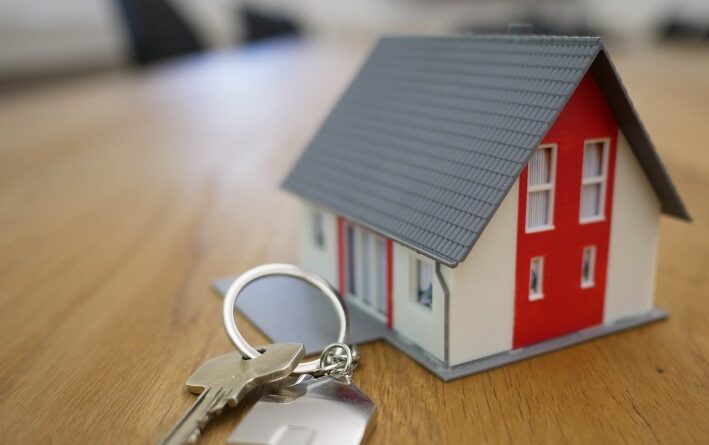Transitioning from Renting to First-Time Homeownership: Tips for Making the Move
Moving from renting to buying your first home is a big step. Therefore, it brings more financial responsibility and stability. You might be tired of renting. When you think about it, all those years of paying rent can sum up and you end up waiting for money. However, becoming a homeowner requires careful planning and understanding. Here are some important tips to help you through this exciting change.
Assess Your Financial Readiness
Before you decide to buy a home, it’s important to look at your finances carefully. Read carefully:
- Figure out your budget: Calculate how much you can afford each month for things like mortgage payments, property taxes, insurance, and maintenance.
- Make sure you have a steady income: It’s important to have a stable job or another reliable source of income that covers your monthly housing costs.
- Save money for a down payment and closing costs: Start saving up for a down payment and money you’ll need for closing costs, like legal fees and inspections.
- Check your credit score: See what your credit score is and work on improving it if needed. A better score can help you get a lower mortgage rate.
- Pay off any debts: Try to pay off any debts you have. This can improve your finances and make it easier to get approved for a mortgage.
Taking these steps will get you ready financially to buy a home and make the process smoother.
Set Realistic Expectations
When preparing to buy your first home, it’s important to understand the housing market and set realistic goals. Here’s how to do it:
- Compare Property Prices: Look at how much homes cost in the areas you like. This helps you see what you can afford and what’s within your budget.
- Research Locations: Look around to discover which neighborhood best suits your needs both financially and lifestyle-wise.
- Consider Amenities: Think about what amenities matter to you, such as parks or shops. These aspects can impact your daily life and the value of your home.
- Evaluate Commute Times: Consider how far you’ll need to travel to work or school. A lengthy commute can affect your quality of life and the desirability of your home.
- Prioritize Features: While you may need to compromise on some features, focus on what’s most important to you and your family, like school districts or the number of bedrooms.
By doing thorough research and careful planning, you can find a home that meets your needs and fits your budget seamlessly.
Work with a Real Estate Agent
Partnering with a knowledgeable real estate agent such as Define Property, can make buying a home much easier.
Firstly, an agent knows all about the local housing market. They can help you understand what’s happening with prices and what neighborhoods are like. This knowledge is key when making decisions about where to buy.
Secondly, agents are great at negotiating. They can talk to sellers and help you get a good deal. They also handle all the paperwork, which can be confusing.
Lastly, agents guide you through the whole process, from making an offer to closing on the house. This makes buying a home less stressful and more successful overall.
Get Pre-Approved for a Mortgage
Getting pre-approved for a mortgage is important when buying a home. It tells you exactly how much money you can borrow and makes your offer stronger when you find the right house. Here’s what to do:
First, compare mortgage options from different lenders to find the best terms and rates. Decide whether a fixed-rate mortgage, which keeps the same interest rate or an adjustable-rate mortgage, which changes over time, suits your financial goals and comfort with risk.
Also, look into government-backed loans like FHA or VA loans, which often have more flexible terms and lower down payment requirements. Getting pre-approved gives you confidence in your finances and helps you shop for homes knowing exactly what you can afford.
Understand Homeownership Costs
Owning a home involves more than just paying for it upfront. There are ongoing costs to think about. Here’s what you need to plan for:
Besides the purchase price, you’ll need to budget for property taxes, which are paid yearly to the local government based on your home’s value. Additionally, homeowner association (HOA) fees might apply for maintaining shared areas and amenities.
Every month, you’ll have to pay for utilities like electricity, water, and internet. Regular maintenance, such as taking care of the lawn, servicing the HVAC system, and fixing appliances, is also important to keep your home in good shape and prevent costly repairs.
It’s smart to save money in an emergency fund for unexpected expenses, like if the roof leaks or a major appliance breaks down.
Moving from renting to buying your first home is an exciting journey that needs careful planning and smart choices. By checking your finances, setting realistic goals, getting mortgage pre-approval, understanding homeownership costs, and working with a trusted real estate agent, you can navigate this transition confidently. Buying your first home is a big achievement and a new beginning. Enjoy having a place that’s yours to create memories and build your future.



